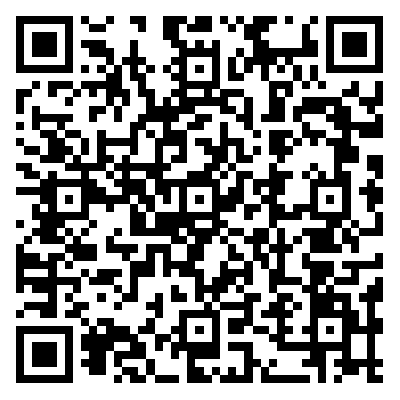Scan to download
M+ Global and start trading US & HK stocks.
M+ Global and start trading US & HK stocks.

One Account to Win the World!
Fast: Open an account in just 5 minutes.
Easy: Deposit in RM and invest in the US & HK markets.
Convenient: 24-hour online customer service support.
Real-time: Gain access to real-time market data.
Shariah-compliant: Enjoy Shariah screening for global stocks.